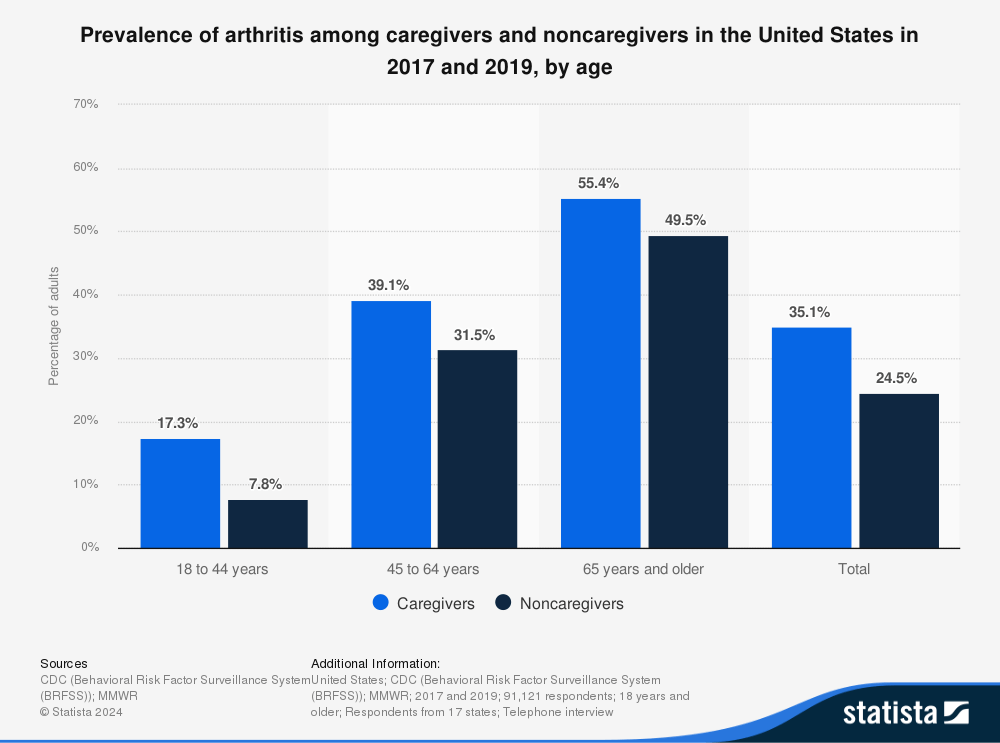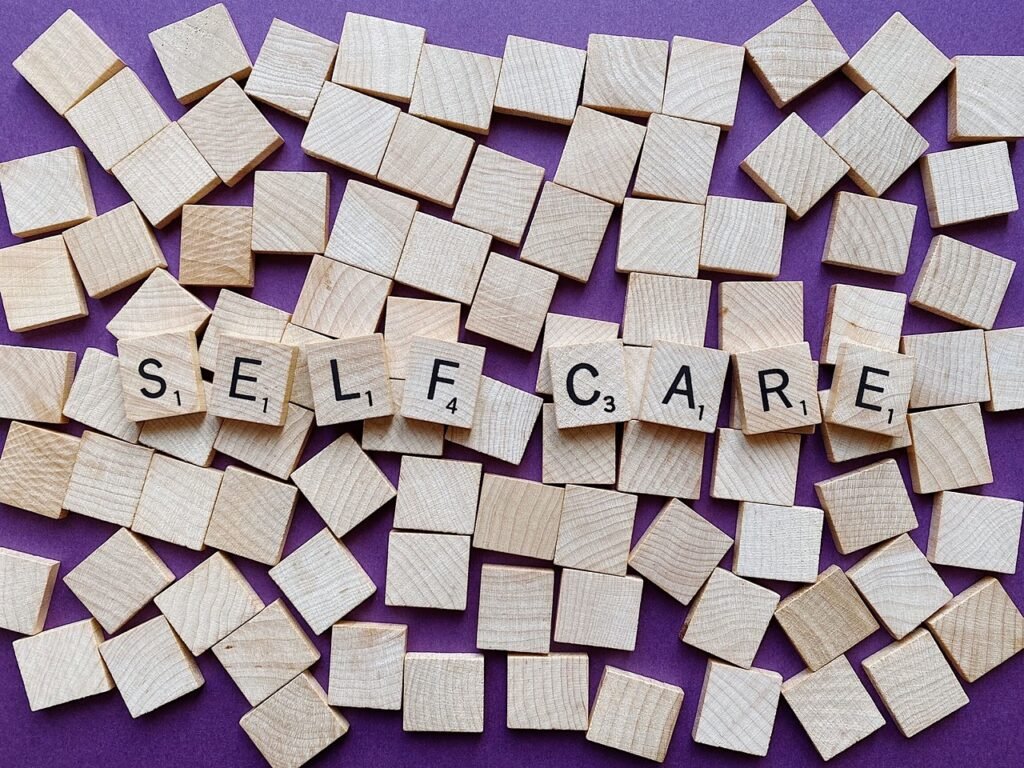
What is caregiver burden?
Monique never imagined she would become her mother’s full-time caregiver. At first, it was just small favors — things like helping her mom shop for groceries or driving her to doctor’s appointments. Within a couple of years, Monique was managing medications, preparing meals and assisting her mom with daily tasks. The exhaustion crept in slowly, until one day, she realized she hadn’t had a full night’s sleep in months. The stress, loneliness, and financial strain weighed on her more than she ever expected.
Caregiver burden refers to the emotional, physical, financial, and social strain experienced by those providing care for loved ones. Whether caring for an aging parent, a disabled spouse, or a chronically ill family member, caregiving is often an unpaid and unplanned responsibility that millions take on out of love or necessity.
While caregiving can be fulfilling, it also brings challenges. It can lead to burnout, stress and financial hardship. Recognizing and addressing caregiver burden is essential for both the caregiver’s well-being and the quality of care they provide.
If you’ve found your way to this page, you likely can relate.
In a way, family caregiving can be like weightlifting. For safety’s sake, a wise weightlifter will sometimes have a “spotter” standing by — someone who’s ready to help if the weight gets to be too much to handle.

This blog is a shoutout to any family caregiver who may feel the need for an emotional “spotter” when their caregiver burden seems to be too much.
If you’re a family caregiver, please read on.
The Hidden Costs of Caregiving
The Emotional and Mental Health Impact
Many family caregivers experience anxiety, depression, sleep disturbances and social isolation. Studies show that 14.5% of caregivers suffer from at least two weeks of mental distress per month. Chronic stress from caregiving can also increase the risk of serious health conditions like heart disease and strokes.
Financial Strain
Caregiving often has a negative impact on employment and forces many to reduce work hours or leave jobs. On average, caregivers spend $7,242 annually on out-of-pocket expenses, and unpaid caregiving in the U.S. is valued at $600 billion per year.
Calculate the value of family caregiving in your area.
Physical Health Decline
The constant demands of caregiving can lead to weight fluctuations, chronic pain, and fatigue. Caregivers also face an increased risk of conditions like arthritis.
Takeaway: Caregiving affects every aspect of life, making stress management crucial.

Recognizing the Signs of Caregiver Burnout
Burnout occurs when stress becomes overwhelming and leads to exhaustion. Common signs include:
- Constant fatigue
- Difficulty sleeping
- Loss of joy or patience
- Feelings of hopelessness or isolation
- Increased reliance on caffeine, alcohol or medication
Takeaway: Identifying early warning signs can help prevent full-blown burnout.
How to Manage and Reduce Caregiver Burden
Let’s be honest: You will often face challenges as a caregiver. And sometimes you may even feel like giving up. But with a little thought, homework and some planning, you can cope.
Seek support.
- Join a caregiver support group — online or in person.
- Talk to a therapist or counselor.
- Accept help from family and friends.
Prioritize self-care.
- Eat well, get enough sleep, and exercise.
- Take breaks and schedule downtime.
Learn to manage time and delegate.
- Create routines and set realistic expectations.
- Utilize respite care services.
- Explore technology like mobile apps and other digital tools designed to help you manage stress.
Make financial planning a habit.
- Research tax credits for caregivers. For example, learn more about the Credit for Caring Act.
- Look into grants and assistance programs.
Takeaway: Self-care isn’t selfish — it’s essential for sustainable caregiving.
Looking Ahead: Changing the Narrative on Caregiving
Society often expects family caregivers to manage without support. However, policy changes and increased awareness can improve access to financial aid and healthcare support. Caregivers should advocate for better resources and services.
You’re not alone. Seeking help is a sign of strength.
Caregivers Matter Too
Managing caregiver burden is essential for your health and well-being. Try taking one small step today. Call a friend, research financial aid or schedule a self-care activity. It can make a big difference.
Remember: As a family caregiver, you’re doing an incredible job. Don’t forget to take care of yourself, too.
My two brothers and I have each had unique experiences with caregiving. We know firsthand its joys as well as the toll it can take. The caregiver burden is real. And we’re here to spot you.
Know a caregiver who could use a spot today? Share this post.

